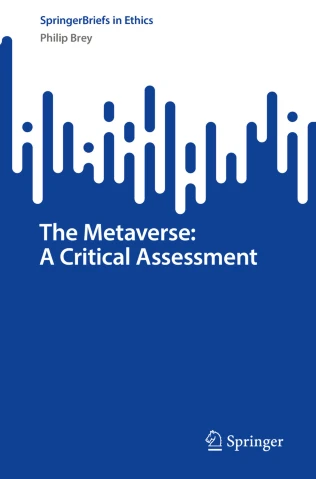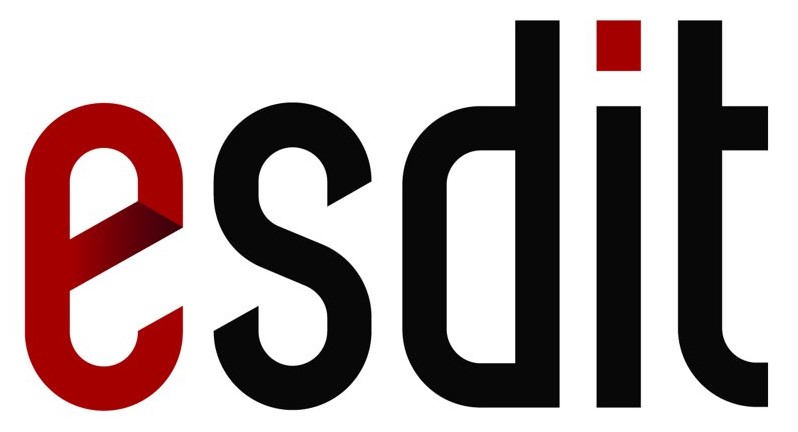2025

Brey, Philip
The Metaverse: A Critical Assessment Book
Springer, 2025.
Abstract | Links | BibTeX | Tags: Augmented reality, Ethics, Metaverse, Spacial computing, Virtual reality
@book{nokey,
title = {The Metaverse: A Critical Assessment},
author = {Philip Brey},
doi = {10.1007/978-3-031-93471-1},
year = {2025},
date = {2025-06-01},
urldate = {2025-06-01},
publisher = {Springer},
abstract = {This book offers an extensive assessment of the nature and feasibility of the metaverse and is the first to critically examine its social and ethical implications. The metaverse is, in essence, an envisioned future merger of virtual and augmented reality (VR and AR) and the internet, enabling real-time immersive interaction and activities like work, play, socializing, and entertainment. Major tech companies like Meta, Microsoft, Apple and NVIDIA have been investing billions in metaverse technologies, with generative AI accelerating progress. This book examines how these efforts could culminate in the metaverse, exploring its potential forms, implications, and the social and ethical challenges it may pose—along with recommendations for responsible innovation. The book is aimed at stakeholders shaping the metaverse—developers, creators, investors, business leaders, and thought leaders in technologies like VR, AR, Web3, blockchain, and AI. It also serves scholars and students in applied ethics, the social sciences, and the humanities, including fields such as media studies, psychology, and law. General readers interested in the metaverse and emerging technologies will find it both accessible and engaging. },
keywords = {Augmented reality, Ethics, Metaverse, Spacial computing, Virtual reality},
pubstate = {published},
tppubtype = {book}
}
This book offers an extensive assessment of the nature and feasibility of the metaverse and is the first to critically examine its social and ethical implications. The metaverse is, in essence, an envisioned future merger of virtual and augmented reality (VR and AR) and the internet, enabling real-time immersive interaction and activities like work, play, socializing, and entertainment. Major tech companies like Meta, Microsoft, Apple and NVIDIA have been investing billions in metaverse technologies, with generative AI accelerating progress. This book examines how these efforts could culminate in the metaverse, exploring its potential forms, implications, and the social and ethical challenges it may pose—along with recommendations for responsible innovation. The book is aimed at stakeholders shaping the metaverse—developers, creators, investors, business leaders, and thought leaders in technologies like VR, AR, Web3, blockchain, and AI. It also serves scholars and students in applied ethics, the social sciences, and the humanities, including fields such as media studies, psychology, and law. General readers interested in the metaverse and emerging technologies will find it both accessible and engaging.
